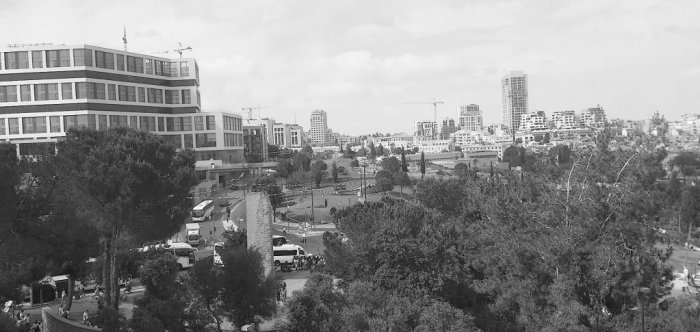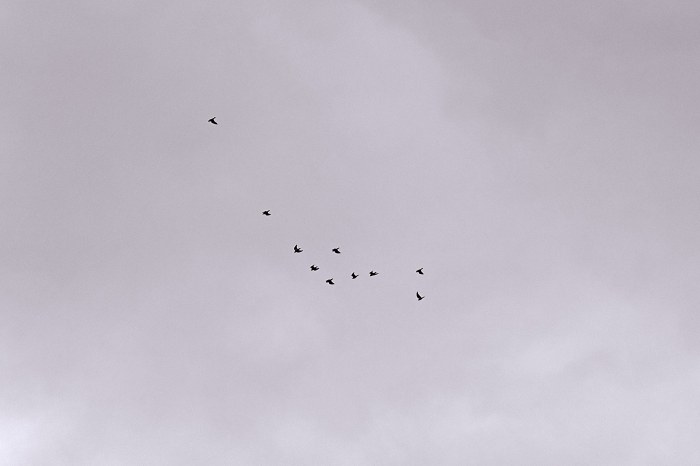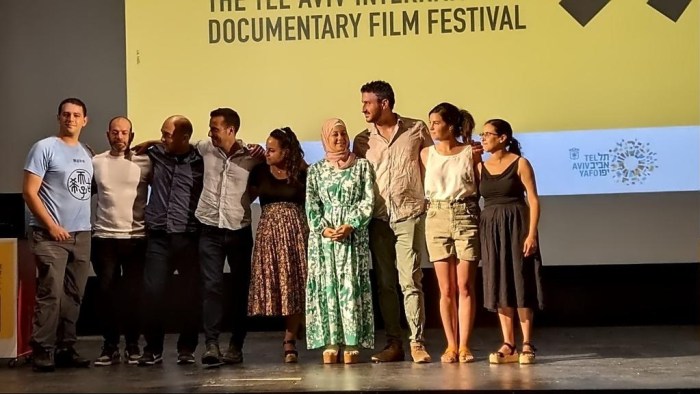Around lunchtime, Regina called from the village office to ask if I’d tried to do anything about that leak that she’d told me about a week or two ago. “It shows 20 cubic meters for yesterday”, she said “haval – that’ll cost you a lot of money!”
The meters are connected to the water company’s computers through the internet and Regina gets an alert if somebody’s meter is reporting a leak.
Well, I did look around the last time she called but couldn’t find anything. I had thought it was maybe a one-time thing.
But 20 cubic meters of water – and who knows how much previously, sounds like we are going to receive a phenomenal water bill!
I started my detective work first by pruning all the bushes that were preventing me from viewing the water meter, and then indeed, I saw the little cog wheel inside whizzing around like crazy, indicating a heavy flow, while all the taps were closed.
I circumambulated the property several times, turning off faucets here and there, but could discover nothing. So I decided to call the plumber – yes, he could come tomorrow morning. Fine. He suggested in the meantime I close off the water except when we need it.
Then, trying one more time to turn off one of the outdoor faucets leading into the house, it snapped completely. It was all rusty. Huge flow of water. I had to turn off everything immediately, further down the line.

Broken tap
Next thing was to go and buy some parts, which I did. Came home. Decided it was easier to make an emergency temporary repair that would provide water to half of the house. Did that.
But then something else happened. I saw a patch of muddy ground. Along where a plastic pipe runs underground parallel to the patio. Started to dig. Yes! The plastic pipe was cracked. That was a comparatively easy fix, though by now it was evening.
I cleared up, then showered my muddy self. Unfortunately it was a cold shower because I’d forgotten to open the hot water pipe. But it still felt great.
So tomorrow Samir, the plumber, will come and fix the broken tap and maybe some other rusty pipes.
Samir’s a great guy, from the Palestinian part of Jerusalem. He lists himself as Samir Ezra, which at first I didn’t understand – because Samir is an Arab name, while Ezra is a Jewish name.
But the Ezra in the name is for Ezra Nawi, the Jewish plumber he was partnered with. Nawi, besides being a plumber, was one of Israel’s best known peace activists and human rights defenders, a colourful, wonderfully controversial character. There’s a ream of information on Wikipedia, that reads like a chronicle of this country’s human rights movement, with people like Uri Avneri, Amira Hass, Noam Chomsky, David Shulman all crossing paths with or intervening on behalf of Ezra Nawi at some point.
Even the front runner for the Irish presidency had to drop out of the race as a result of an intervention on behalf of Ezra Nawi.
Samir partnered with Ezra in the plumbing business, but unlike Ezra, who was known to charge exorbitant fees in order to fund his peace work, Samir’s prices are very reasonable. Last time he came, he asked me to pay whatever I like – but I hadn’t a clue what it ought to be. It took about 20 minutes for him to make up his mind, while squinting and scratching his head.
Links
What Stops Millions of Americans From Going Green: Their Landlords




